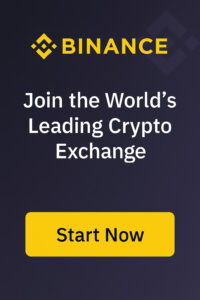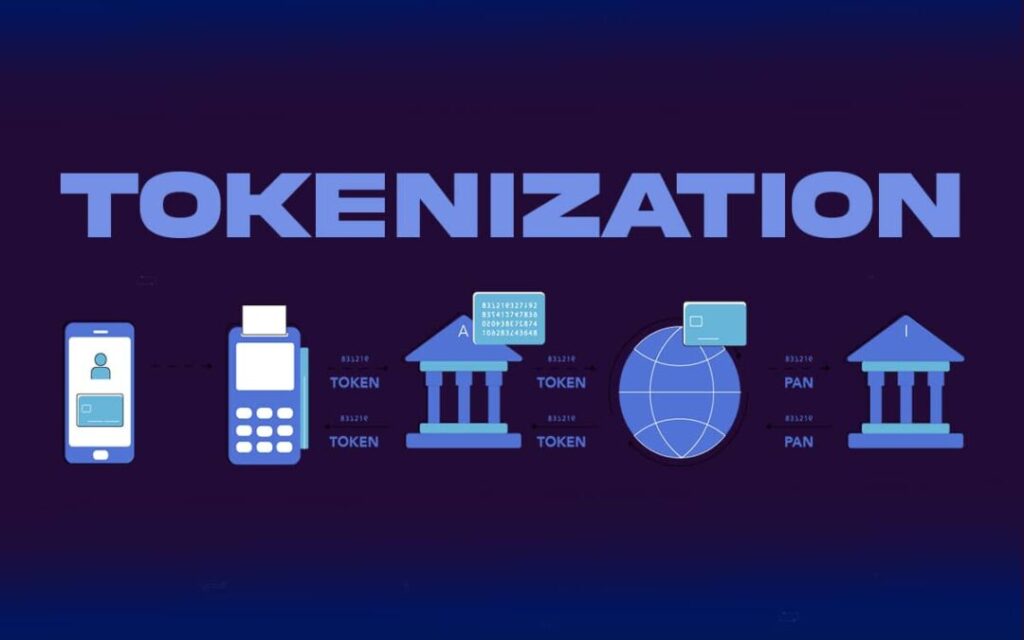In the ever-evolving landscape of blockchain and digital finance, one concept continues to gain traction: tokenization. It’s more than just a buzzword. Tokenization is transforming how we think about ownership, value, and the accessibility of real-world and digital assets. But what exactly is it, and why should you care?
Defining Tokenization
Tokenization is the process of converting rights to an asset—tangible or intangible—into a digital token on a blockchain. These tokens can represent anything from real estate and company shares to art, gold, or even intellectual property.
Once tokenized, these assets can be stored, transferred, traded, or fractionalized across decentralized networks, opening new opportunities in finance, investment, and ownership.
For example, imagine owning a $500,000 apartment. Traditionally, only one person or entity can own it, or at best, a small group through legal contracts. Tokenization allows that apartment to be broken into, say, 500 tokens, each worth $1,000. Anyone with a wallet can invest, trade, or hold their fraction.
Why Tokenization Matters
- Accessibility
Tokenization democratizes investment. Individuals across the globe can invest in assets that were previously reserved for the ultra-wealthy or institutional investors. - Liquidity
Traditional assets like real estate or fine art are notoriously illiquid. With tokenization, these can now be traded 24/7 on decentralized marketplaces, unlocking liquidity for asset holders. - Transparency and Security
Thanks to blockchain technology, tokenized assets come with full transaction history, clear ownership records, and immutable contracts. - Fractional Ownership
Instead of requiring large capital to invest in premium assets, tokenization enables people to own fractions. This opens markets for micro-investors and reduces entry barriers. - Programmability
Smart contracts can automate revenue sharing, compliance, and governance. That’s a game changer for businesses seeking efficient, borderless operations.
Real-World Applications
Tokenization is already reshaping several industries:
- Real Estate: Platforms tokenize properties so users can invest in global real estate without banks or brokers.
- Commodities: Gold, silver, and oil can now be held and traded as tokens.
- Art and Collectibles: Rare paintings or memorabilia are tokenized, allowing art enthusiasts to co-own or invest.
- Equity and Bonds: Private companies tokenize shares to raise funds without traditional IPOs.
💡 Read also: What is Staking?
Challenges Ahead
Despite its benefits, tokenization faces regulatory, technical, and adoption challenges:
- Regulatory Uncertainty
Many jurisdictions are still unsure how to classify or regulate tokenized assets, especially those representing securities. - Interoperability Issues
Different blockchains and standards make it hard for assets to move freely across platforms. - Trust and Adoption
Traditional investors may remain skeptical of blockchain, requiring time and education to shift mindsets.
How to Get Started
Interested in tokenization or investing in tokenized assets?
- First, make sure you have a reliable and secure crypto wallet.
- Then explore marketplaces and platforms that offer tokenized assets.
👉 Start investing today with platforms like Binance, which now offer access to tokenized crypto products and staking options.
🔐 For self-custody and secure storage of your digital tokens, consider using Ledger Wallet – one of the most trusted hardware wallets in the industry.
Final Thoughts
Tokenization isn’t just a niche blockchain trend—it’s the foundation of a more inclusive and efficient global financial system. As regulations catch up and platforms mature, tokenization is set to unlock trillions in global assets and reshape how we invest, own, and interact with value.
The sooner you understand how it works, the better prepared you’ll be to navigate this next evolution of finance.



